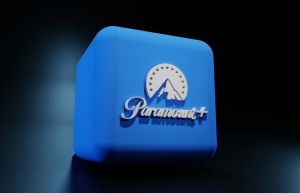A new study revealed that one in four college students from Ivy League campuses admitted to relying on ADHD drugs, or stimulants, during their academic tasks to earn better grades.
Researchers from the Steven and Alexandra Cohen Children's Medical Center of New York led by Andrew Adesman, chief of developmental and behavioral pediatrics, tabulated the responses of 616 college students from an online survey conducted in December 2012. These students were not diagnosed with ADHD, yet they were still using Ritalin or Adderall.
Findings of the study show 18 percent of the college students have used stimulants at least once while studying. 24 percent said they'd used the drugs multiple times. About 69 percent of them used it for essay writing, 66 percent for reviewing and 27 percent while taking their exams.
Almost half of the college students believed taking ADHD drugs for academic purposes amounted to cheating, while 33 percent believed that it did not.
"While many colleges address alcohol and illicit drug abuse in their health and wellness campaigns, most have not addressed prescription stimulant misuse for academic purposes," Adesman said in a press release. "Because many students are misusing prescription stimulants for academic, not recreational purposes, colleges must develop specific programs to address this issue."
ADHD drug misuse is very common in Ivy League campuses. 37 percent of the college students thought that it is normal. However, there are still some, or 14 percent, who never used a stimulant to get better grades.
These students were able to have access to these stimulants from students who were diagnosed with ADHD.
Researchers have recommended that physicians should be more vigilant and provide proper education on the health and legal consequences of drug abuse.
"Research indicates peers often share these medications with one another for free. The majority of adolescents 18 to 22 years of age believe it is 'fairly easy' or 'very easy' to get prescription stimulants," said Sean Esteban McCabe, a research associate professor with the University of Michigan Institute for Research on Women and Gender, who was not part of the study, during an interview with HealthDay.
This study will be presented on May 3 at the Pediatric Academic Societies (PAS) annual meeting in Vancouver.
© 2025 HNGN, All rights reserved. Do not reproduce without permission.








